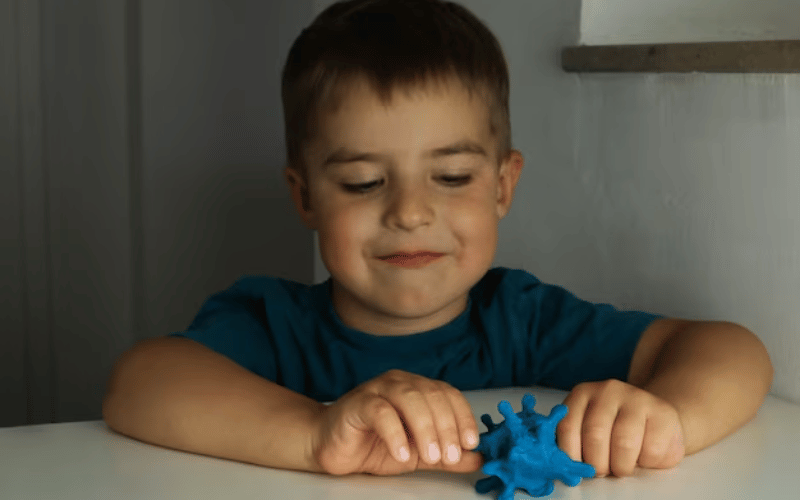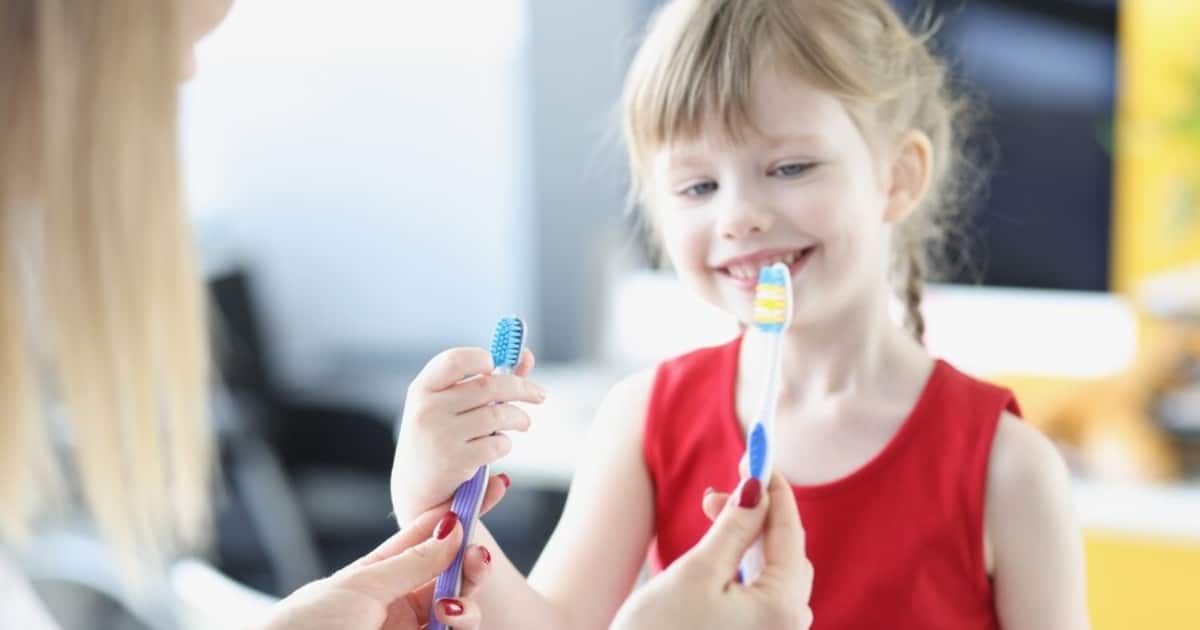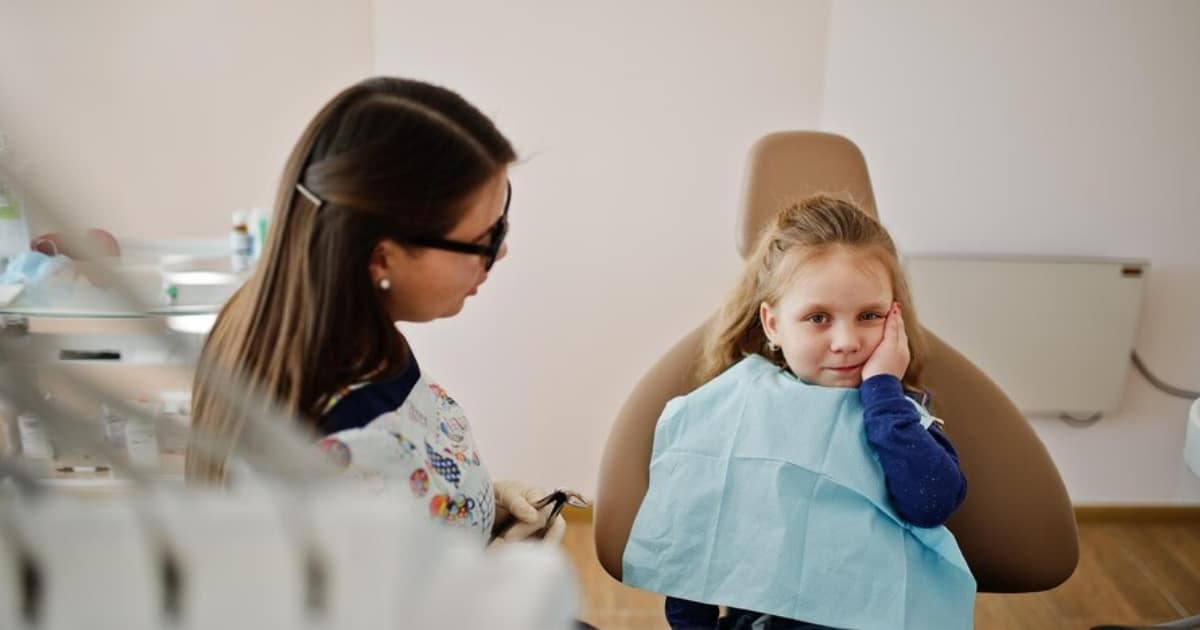
Autism, a neurodevelopmental disorder, poses unique challenges in dental care due to sensory sensitivities, communication difficulties, and behavioral differences. Children with autism may exhibit heightened anxiety, resistance to touch, and aversion to sensory stimuli during dental visits, necessitating personalized, patient-centered approaches. Dentists should prioritize clear communication, gradual acclimatization to the dental environment, and sensory-friendly techniques. Collaborating with caregivers, employing visual supports, and maintaining a structured routine can enhance dental care for children with autism, ensuring optimal oral health while respecting their unique needs and promoting a positive dental care environment.
Challenges Faced by Children with Autism in Dental Settings
1. Sensory Sensitivities: Children with autism often experience heightened sensory sensitivities, making them more prone to discomfort or anxiety in the dental environment. Overstimulation from lights, sounds, and tactile sensations can be overwhelming.
2. Communication Barriers: Many autistic children struggle with verbal and non-verbal communication. Limited social skills and difficulty expressing pain or discomfort may impede effective communication between the child and dental professionals.
3. Behavioral Challenges: Autism can manifest in challenging behaviors such as repetitive movements or resistance to change. This can make it difficult for dental professionals to perform necessary procedures, leading to potential delays in treatment.
4. Anxiety and Fear: The unfamiliarity of dental settings, coupled with sensory issues and communication barriers, often triggers anxiety and fear in children with autism. This emotional distress may hinder their cooperation during dental examinations and procedures.
5. Lack of Routine: Children with autism thrive on routine and predictability. The unpredictable nature of dental visits can disrupt their sense of order, contributing to increased stress and difficulty adapting to the dental care setting.
Tips for Preparing Your Autistic Child for a Dental Visit
1. Social Stories and Visual Aids: Create a social story or visual schedule outlining each dental visit step. Use simple language and pictures to help your child understand what to expect, reducing anxiety associated with the unknown.
2. Role-Playing at Home: Practice dental care routines to familiarize your child with the sensations and actions involved. Use a soft toothbrush and mirror to simulate aspects of a dental examination, helping them become more comfortable with the process.
3. Gradual Desensitization: Introduce your child to the dental environment gradually. Visit the dental office beforehand, allowing them to explore the waiting area and meet staff. Gradual exposure can help alleviate fears and sensory sensitivities associated with the unfamiliar setting.
4. Communication Strategies: Work with dental professionals to establish effective communication strategies tailored to your child’s needs. Share information about their preferences, triggers, and any successful communication methods. This collaboration ensures a more accommodating and supportive dental experience.
5. Bring Comfort Items: Allow your child to bring comfort items from home, such as a favorite toy or blanket, to the dental appointment. Familiar objects can provide a sense of security and reassurance during the visit, helping to create a more positive and calming experience.
Specialized Dental Care Options for Children with Autism
1. Pediatric Dentists with Autism Training: Seek pediatric dentists with experience and training in treating children with autism. These professionals often better understand the unique challenges associated with autism and can adapt their approach to provide more effective and empathetic care.
2. Sensory-Friendly Dental Offices: Choose dental offices that prioritize creating a sensory-friendly environment. This may involve minimizing bright lights, reducing noise levels, and offering calming sensory stimuli to create a more comfortable setting for children with autism.
3. Behavioral Management Techniques: Dentists specializing in autism may employ specific behavioral management techniques. This could include using positive reinforcement, desensitization strategies, and communication tools to enhance cooperation and reduce anxiety during dental visits.
4. Customized Treatment Plans: Opt for dental professionals who can develop personalized treatment plans based on the individual needs of children with autism. Tailoring approaches to accommodate sensory sensitivities, communication styles, and behavioral traits can lead to more successful and less stressful dental experiences.
5. Collaboration with Specialized Therapists: Dental professionals may collaborate with other specialists, such as occupational or behavioral therapists, to provide a comprehensive and integrated approach to dental care for children with autism. This multidisciplinary collaboration can address a child’s unique needs and challenges.
In conclusion, prioritizing specialized dental care for children with autism is crucial for fostering positive oral health experiences. With its expertise in autism-friendly practices, Little Dental Pediatric Dentistry offers tailored approaches such as sensory-conscious environments, behavioral strategies, and personalized treatment plans.
By combining dental professionals’ skills with collaboration with specialized therapists, Little Dental ensures a holistic and empathetic approach. For a stress-free dental journey, choose Little Dental Pediatric Dentistry—where smiles meet understanding.
Schedule your autistic child’s appointment today and embark on a path to confident, comfortable Dental Care for Children with Autism. Let every smile shine brightly!






